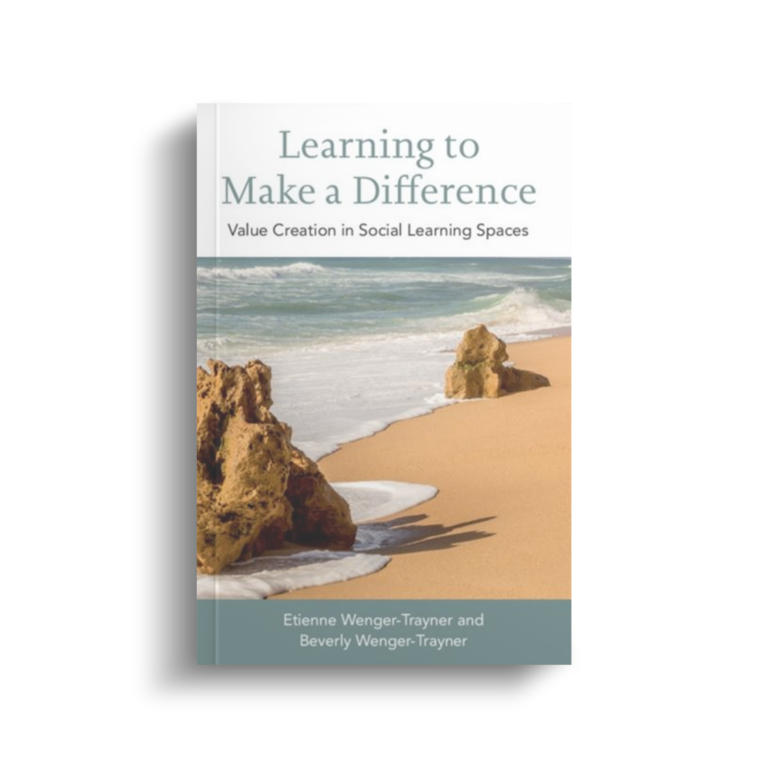Social learning capability
the learning foundation of human co-existence
Keywords
Learning loops
Multi-scale
Leadership
Identities
Boundaries
What it is
Social learning capability is a characteristic of the human condition. It incorporates two fundamental observations. We live at the cusp between a past we remember partially and a future we cannot fully predict. And we do so as social beings, in a shared history of both peaceful and conflictual co-existence, in practices whose meaning reflect our joint endeavors, and in a world we shape through our interdependent learning.
Reflecting the social nature of the human person, social learning capability is neither simply individual nor collective, but both at once. It can be understood, enhanced, and thwarted at any level of scale—from a couple living and working together, to a large collective, all the way to a globalized world confronting challenges to the survival of the species.
Why social learning capability
Anchored in the human experience of identity, social learning capability is not simply an abstract measure of systemic or structural adaptability. In this sense, social learning capability is admittedly an elusive concept. We don’t know how to define it and measure it clearly yet. But we believe it is an important concept, both theoretically and practically, and have made it the overarching theme of our inquiry. We see social learning capability as the core of our social learning theory and its practical implications. It is what we are interested in helping theorize and cultivate—by giving it a conceptual framework and language that can help people understanding it, support it, and protect it from threats.
And this is why we see all other themes in our work as contributions to it:
- Social learning spaces creating the basic time/space structure for developing social learning capability
- Value creation as a perspective on learning that emphasizes the ability to make a difference
- Communities of practice acting as caretakers of specific capabilities over time
- Social landscapes expanding the challenge to multiple levels of scale
- Systems convening as endeavoring to address these issues of scale
- Social learning ethic as the lived dimension of social learning capability embodied in social identities
More on social learning capability
We have realized that all our work is about understanding, theorizing, and cultivating social learning capability. We only care about communities of practice, social learning spaces, systems convening, or learning ethic to the extent that they contribute to social learning capability. And at various levels of scale. This is at the heart of our consulting, the workshops we offer, and the writing that we do.
The theme of our book series
Social learning capability is the core theme of our book series Learning to make a difference.
In the first volume, we explore the nature of social learning capability in the micro-context of social learning spaces:
In subsequent volumes, we will explore social learning capability at scale and in the context of people’s life trajectories.

